Ifa priest and Iconic writer, Oloye Yemi Elebuibon has stated that the adherents of the African traditional religions will push for a bill that will protect the rights of their children in schools and other organisations against religious sentiments.
Elebuibon, who spoke with SaharaReporters on Thursday said everyone should be allowed to put on their religious emblems whether hijabs, rosary or traditional beads.
This follows a report that states that the Religious Discrimination (Prohibition, Prevention) Bill, 2020, pending before the House of Representatives is seeking to compel the Armed Forces and para-military organisations to permit female officers to wear the Islamic veil, commonly known as hijab.
Article 13(2) of the bill stated that “Any person employed in the security sector, whether within the military or paramilitary or otherwise, shall not be discriminated against on the ground of the exercise of his right to the manifestation of his religion in worship, teaching, practice and observance such as wearing religious emblem, head cover, or hijab in concomitant with the common uniform code or code of conduct in relation to the choice of colour, type, or design of such religious emblem, religious headcover or hijab.”
Elebuibon, in reaction, said it is a welcome development but should not be limited to hijabs alone. He said the rights and dignities of every Nigerian should be respected irrespective of their religious beliefs.
He alleged that African traditional religion adherents suffer harassment mostly from those of other religions at schools and other organisations.
According to him, some years ago, one of his sons, who had worn a protection bead to school was asked to remove it, refusal of which attracted punishment from the teacher.
Elebuibon said religious discrimination on Ifa worshippers is huge as they suffer in silence, mostly because of lack of their own schools and places of worships compared to the proliferation of such structures for Christianity and Islam in Nigeria.
He said Ifa adherents will push for a law that will protect traditional worshippers specifically from religious discriminations, harassments and threats they are faced with daily.
He said, “There have been cases where some of our children wear some of our emblems to schools and they get punished for it. One of my sons in school about five years ago wore one of the Ide Ifa beads to school, a teacher asked him to remove it and the boy refused because Ide Ifa is for protection not only for beauty, I had to go to the school and tell them that it is our own traditional way of dressing before the matter was resolved. When I went to my son’s school, they stopped harassing him and I encourage every other person to do the same thing.
“This is an embarrassment for Ifa adherents that these imported religions have been giving to us, they don’t need to mind all these. Let Muslims wear hijabs, let Babalawo wear their beads, let the Christians wear crucifix, I don’t see any problem with that. It’s only the traditional religious adherents that suffer because we don’t have schools or places of worship like them. We are the ones who suffer in silence.
“It is a challenge for us, we have to build our own schools, churches so that each person can go to schools patterned after their religious beliefs, so we can avoid conflicts. We will push for a law that will protect traditional worshippers specifically.”
The Religious Discrimination (Prohibition, Prevention) Bill, 2020, which has passed second reading at the House, was sponsored by the Deputy Chairman of the House Committee on Finance and Member representing Bida/Gbako/Katcha Federal Constituency, Saidu Abdullahi.
Article 13 of the bill titled, ‘Discrimination in employment in security and other sectors,’ prohibits the military from discriminating against anyone wearing a hijab.
Although the bill does not propose any fine or jail time for persons who discriminate against persons wearing hijab, it states that anyone who contravenes the section would have committed an offence.
It further states that the High Court will have original jurisdiction on such matters while the National Human Rights Commission shall have the power either on its own motion or upon a petition presented by an aggrieved person to investigate allegations of any violation of the provisions of the Bill within a reasonable time or not more than 30 days.
There have been crises in Osun, Oyo and more recently in Kwara over the wearing of hijab by Muslim pupils in primary and secondary schools, particularly in schools established by Christian missionaries but now funded and under the under the control of state governments.
Source, Saharareporters








